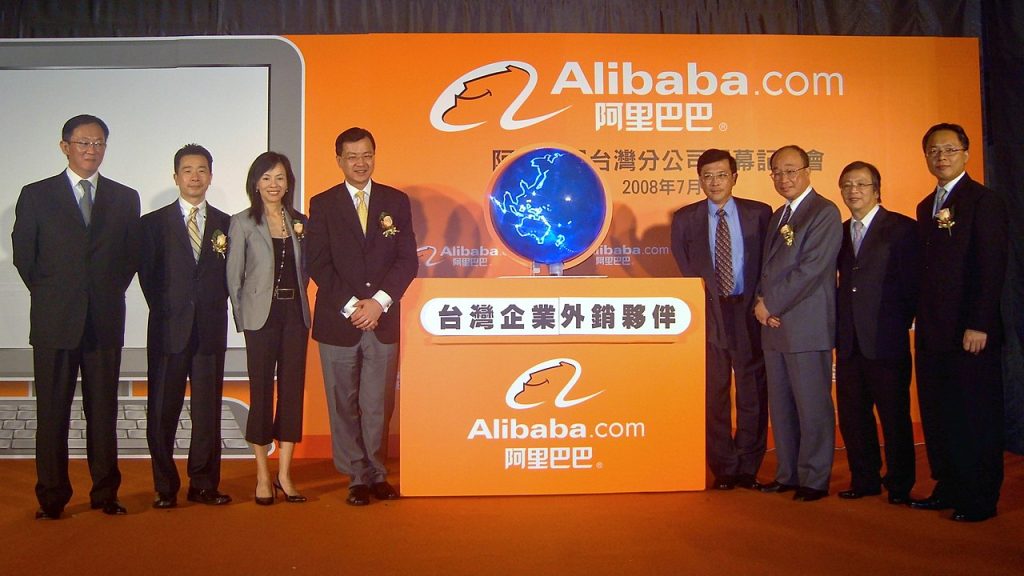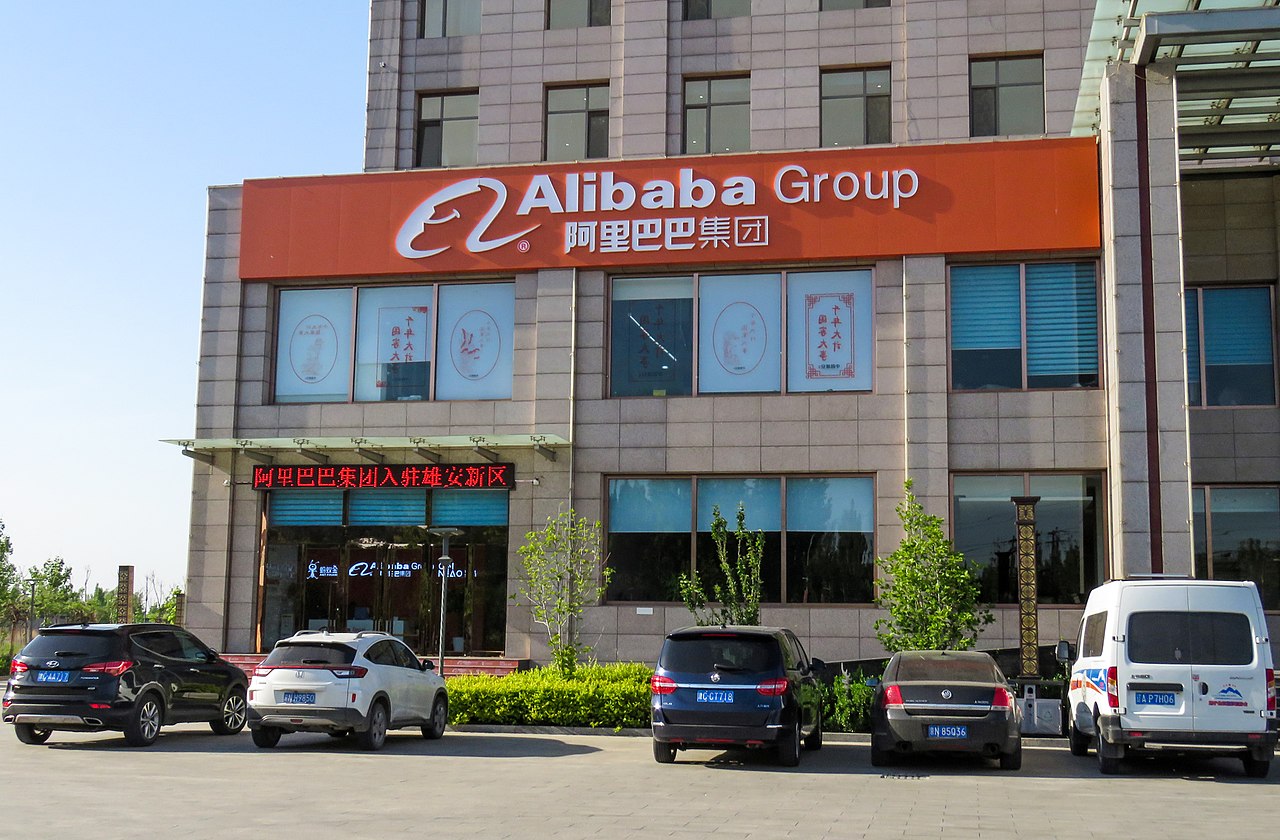Following the announcement that it intends to split the firm into multiple entities, investors in the Chinese internet giant Alibaba have shown strong buying interest in the stock.
The company has stated that five of the six new units that have been created as a result of the move would investigate various options for initial public offerings (IPOs) and new finance.

On Tuesday, Alibaba share prices increased by more than 14% in New York, and on Wednesday, they increased by more than 13% in Hong Kong.
Since 2020, its US-listed shares have experienced a decline of roughly 70% due to fears of Beijing’s crackdown on the IT sector.
This decision was made after it was reported that Jack Ma, the founder of Alibaba and a recluse for the past three years, had been spotted in public in China this week for the first time in a very long time.
Alibaba has stated that the move to divide up the company is the most significant business reorganization in its 24-year history.
The individual units will each have their own chief executive officers and boards of directors. Companies will be able to pursue stock market listings and raise funds, with one exception: the online retail platform Taobao Tmall Commerce Group will continue to be entirely controlled by Alibaba and will not be permitted to raise capital or seek stock market listings.
In documents that Alibaba Group submitted to the United States Securities and Exchange Commission and the Hong Kong Stock Exchange, the company stated that the units will “capture opportunities in their respective industries and markets, thereby unleash the value of Alibaba Group’s respective businesses.”
“The market is the finest litmus test,” Chief Executive Daniel Zhang stated in a letter to the workforce of the company. “Any business group and company can seek autonomous financing and IPOs when they are ready,” Zhang added.
According to China technology analyst Rui Ma, who spoke with the BBC, investors recognized the value in the restructuring because Alibaba’s business segments will be able to grow at their own speed following the reorganization.
She also mentioned that each department will become more simplified, making it “less likely to be exposed to antitrust infractions.”
According to Scott Kesler, global sector director for technology, media, and telecoms at investment research firm Third Bridge, the recent restructuring of Alibaba comes after years of stringent regulation for Chinese technology enterprises.
“The government’s stance towards large technological corporations has been more accommodating over the course of the previous few months. People are beginning to speculate as to whether or not this event marks the beginning of an era in which the government will move away from being nearly an adversary to companies, and instead will really help them “he added.
According to a report that was published this week in the newspaper South China Morning Post, which is owned by Alibaba, Mr. Ma, the founder of Alibaba, has recently returned to China after spending more than a year away.
According to the local media, he interacted with faculty members and toured classrooms at the Yungu School in Hangzhou, the city that is home to Alibaba’s headquarters.
Mr. Ma was the most prominent Chinese millionaire to vanish during the period when there was a crackdown on technology entrepreneurs.
After making his criticisms of China’s financial regulators in 2020, the 58-year-old has avoided the public eye as much as possible. He resigned from his position as chairman of Alibaba in September 2019.












